Voluntarily sharing informative posts from unaffiliated sources.
- 173 Posts
- 17 Comments

 90·9 days ago
90·9 days agoSummary:
- Elon Musk’s X Corp. is demanding money from at least six laid-off Australian employees, claiming it accidentally overpaid them due to currency conversion errors
- The alleged overpayments ranged from $1,500 to $70,000 per employee
- X made the currency conversion errors when paying out the share entitlements to the laid-off employees
- The former employees have not repaid the money so far, and X has threatened to take them to court to seek the return of the funds plus interest
- This is in contrast to what allegedly happened to many former US-based workers, who are fighting to receive severance from X
- X is also facing lawsuits from former Twitter executives who claim they were cheated out of severance, and from vendors who were not paid after Musk took over Twitter

 912·9 days ago
912·9 days agoSummary:
- Boeing sales tumbled in May, with only 4 new plane orders and no orders for the 737 Max for the second straight month
- This compares unfavorably to Airbus, which reported net orders for 15 planes in May
- Boeing also saw Aerolineas Argentinas cancel an order for a single Max jet
- Boeing’s stock fell 3% in afternoon trading
- The poor sales results follow weak figures in April, when Boeing reported 7 sales with none for the Max
- Boeing hopes the slow pace reflects a lull before the upcoming Farnborough Airshow, but the company is facing issues like the FAA capping 737 production and allegations of production shortcuts and falsified inspection records
- Despite the recent slow sales, Boeing still has a huge backlog of over 5,600 orders

 129·10 days ago
129·10 days agoSummary:
- Nintendo has discontinued support for X (formerly Twitter) integration on the Nintendo Switch console.
- The reason for pulling support is likely due to pricing changes to the X API, which now starts at $42,000 a month for enterprise customers.
- Microsoft and Sony also removed X integration from their consoles (Xbox and PS5/PS4) last year, but didn’t specify the reason.
- Slack, a communication platform, also pulled support for X integration due to the API updates impacting its functionality.
- Console gamers will no longer be able to connect directly with X, despite the X Gaming account claiming that its “partnership with Nintendo remains strong” in a now-deleted post.

 21·11 days ago
21·11 days agoSummary:
- Meta (Facebook and Instagram’s parent company) will start using Australians’ social media posts and activity dating back to 2007 to train their artificial intelligence (AI) tools.
- This policy update will take effect on June 26, 2024.
- Only users in the European Union and the U.S. state of Illinois can currently opt out, due to AI protection laws like the GDPR.
- Many Australians were unaware of this policy change and expressed concerns about privacy and the impact on artists’ livelihoods.
- Artists like Sara Fandrey and Thomas Fitzpatrick are worried this will negatively impact their work and the creative industry.
- Experts explain that while this may not be copyright infringement, it poses a threat to artists’ economic assets and business models.
- Advocacy groups have launched complaints against Meta in the EU, and some users are migrating to alternative, artist-run social platforms like Cara to avoid AI-powered content generation.

 33·11 days ago
33·11 days agoSummary:
- A survey by BambooHR found that some US companies implemented return-to-office (RTO) policies in the hopes of getting workers to quit.
- 52% of respondents prefer working remotely, while 39% prefer working in an office.
- 37% of managers believe their organization enacted layoffs because fewer employees than expected quit during RTO.
- 25% of VP and C-suite executives and 18% of HR professionals admit they hoped for some voluntary turnover during RTO.
- 22% of HR professionals said their company has no metrics for measuring a successful RTO.
- 28% of remote workers fear they will be laid off before those working in the office.
- 45% of people surveyed whose companies have RTO policies said they lost valued workers.
- 28% said they would consider leaving their jobs if their employer enacted an RTO mandate.
- The survey found that remote and in-office employees spend an equal amount of time working (76% of a 9-to-5 shift).
- In-office workers spend around one hour more socializing than remote workers, while remote workers spend that time on work-related tasks.
- 32% of managers said one of the main goals of their firm implementing an in-office policy was to track employee working habits.
- 48% of respondents said their work results have improved since returning to the office, and 58% said they have a stronger professional network.

 321·17 days ago
321·17 days agoRelated:
- Spotify’s royalty system has faced criticism for not paying artists their fair share (Nov. 29, 2023, MSNBC)
The platform does not pay according to a per-stream rate, but rather puts all the revenue from subscribers and ads into a giant pot, and divides that share according to their respective “streamshare.” Under this model, artists are estimated to receive between $0.003 to $0.005 per play.
That’s about to change. Beginning early next year, Spotify will only pay royalties to artists whose tracks have been streamed 1,000 times in the past 12 months, effectively locking out the smallest artists from the “streamshare” pot. The money that would have been paid out to these small artists — which Spotify said amounts to $40 million a year — will instead go to “those most dependent on streaming revenue.”
According to Spotify, artists generally don’t pocket the earnings from tracks that have under 1,000 streams anyway, because they don’t meet the labels and distributors’ minimum withdrawal amount. The company also says it does not make any additional money under the new model. But musicians have said they feel the model is “putting a number on art," and industry experts said that this change essentially makes Spotify the arbiter of which artist is deserving of payment.
There has to be a way for multibillion-dollar companies to both keep music accessible and appropriately compensate musicians — especially fledgling, independent ones.
- Spotify made £56m profit, but has decided not to pay smaller artists like me (Nov. 30, 2023, The Guardian)
Spotify will stop paying anything at all for roughly two-thirds of tracks on the platform. That is any track receiving fewer than 1,000 streams over the period of a year. Tracks falling under this arbitrary minimum will continue to accrue royalties – but those royalties will now be redirected upwards, often to bigger artists, rather than to their own rights holders.
This sounds incredible, but there’s nothing to stop it. And their primary business partners – the three major labels – are cheering the change on because it will mean more money in their pockets.

 42·17 days ago
42·17 days agoSummary:
- Spotify has announced another price hike for its subscription plans in the United States.
- This price increase comes shortly after Spotify CEO Daniel Ek sparked outrage among music fans and creators by claiming that the “cost of creating content is close to zero.”
- Many musicians and music fans condemned Ek’s comments, arguing that music is not just “content” and that it is costly and time-consuming to create.
- Despite the backlash, Spotify is increasing its standard Premium plan by $1 to $11.99, the Duo plan by $2 to $16.99, and the Family plan by $3 to $19.99 per month.
- Spotify claims the price hikes are necessary to invest in and innovate its product features, but this reasoning is questioned given Ek’s “content” cost comments.
- Spotify is less vulnerable to customer churn compared to TV/movie streaming services, as users are less likely to switch music streaming providers due to the hassle of rebuilding playlists and losing personalized recommendations.

 109·17 days ago
109·17 days agoSummary:
In the past, you could bypass the sign-in requirement by choosing ‘Offline Account’ or ‘Sign in with a local account instead.’ However, Microsoft removed this option in recent years, meaning you would need an active internet connection to create a Microsoft account for a new Windows 11 install.
Some users discovered that they could bypass this requirement by using the following blocked email addresses: [email protected], [email protected], or [email protected], and then typing in a random password. While this would let you fall back to proceeding with an offline account until recently, it now results in an ‘Oops, something went wrong’ message, which will return you to the same email input screen.
Thankfully, there remains another way to install Windows 11 without a Microsoft account. When you’re at the log-in screen, you can hit Shift + F10 and type OOBE/BYPASSNRO, which will let you create a local account instead if you do not have an internet connection (so disconnect the internet for this). However, non-tech-savvy users will likely not know this, so many would likely end up creating another unwanted online account.
This is just one of the controversial steps Microsoft has recently been taking, like including ads in the Start Menu, nagging Windows 10 users to upgrade, or adding a watermark if your PC does not support AI features.

 94·18 days ago
94·18 days agoAlternative to Instagram:
- Pixelfed (Ad-free, privacy friendly, open source and decentralized)
Pixelfed is a free and open-source image sharing social network service. The platform distinguishes itself from other image sharing services through its decentralized architecture, meaning user data is not stored on a central server. It uses the ActivityPub protocol, allowing users to interact with other social networks within the protocol, such as Mastodon, PeerTube, and Friendica. Pixelfed and other platforms utilizing this protocol are considered to be part of the Fediverse. The network is made up of several independent sites that communicate with one another, which is roughly comparable to e-mail providers. The parties involved do not all have to be registered with the same provider, but can still communicate with each other. Thus, users are able to sign up on any server and follow others on the other instances.
Much like Mastodon, Pixelfed implements chronological timelines without content manipulation algorithms. It also aims to be privacy-focused with no third party analytics or tracking. Pixelfed optionally organizes its media by hashtags, geo-tagging and likes based on each server. It also allows audiences to be distinguished in three ways and on a post-by-post basis: followers-only, public, and unlisted. Like several other social platforms, Pixelfed allows accounts to be locked, when followers must be pre-approved by the owner.

 425·21 days ago
425·21 days agoFor those looking to move beyond Chrome, there are alternatives that come pre-installed with uBlock Origin and are considered better than Firefox:
This project is a custom and independent version of Firefox, with the primary goals of privacy, security and user freedom.
LibreWolf is designed to increase protection against tracking and fingerprinting techniques, while also including a few security improvements. This is achieved through our privacy and security oriented settings and patches. LibreWolf also aims to remove all the telemetry, data collection and annoyances, as well as disabling anti-freedom features like DRM.
The Mullvad Browser is developed – in collaboration between Mullvad VPN and the Tor Project – to minimize tracking and fingerprinting. It is designed to be used with a trustworthy VPN instead of the Tor Network. It does not require the use of Mullvad’s VPN.

 38·22 days ago
38·22 days agodeleted by creator

 26·22 days ago
26·22 days agodeleted by creator

 48·23 days ago
48·23 days agoFor more than two and a half decades, we have collected, preserved, and shared our digital cultural artifacts. Thanks to the generosity of our patrons, the Internet Archive has grown from a small preservation project into a vast library that serves millions of people each year. Our work has impacted the lives of so many of our users who value free and open access to information.
From the beginning, it was important for the Internet Archive to be a nonprofit, because it was working for the people. Its motives had to be transparent; it had to last a long time. That’s why we don’t charge for access, sell user data, or run ads, even while we offer free resources to citizens everywhere. We rely on the generosity of individuals like you to pay for servers, staff, and preservation projects.
If you can’t imagine a future without the Internet Archive, please consider supporting our work. We promise to put your donation to good use as we continue to store over 99 petabytes of data, including 625 billion webpages, 38 million books and texts, and 14 million audio recordings.
- Volunteer Positions:
- Volunteer as an Open Library Developer (Learn how to contribute, find easy tasks, look at our roadmap, and ask to join our community slack chat!)
- Volunteering as an Open Librarian (Want to make sure Open Library’s data is pristine?)
- Volunteer Positions:

 215·23 days ago
215·23 days agoInternet Archive is also being sued by the US book publishing and US recording industries associations, which are claiming copyright infringement and demanding combined damages of hundreds of millions of dollars and diminished services from all libraries.
“If our patrons around the globe think this latest situation is upsetting, then they should be very worried about what the publishing and recording industries have in mind,” added Kahle. “I think they are trying to destroy this library entirely and hobble all libraries everywhere. But just as we’re resisting the DDoS attack, we appreciate all the support in pushing back on this unjust litigation against our library and others.”

 63·23 days ago
63·23 days agoSummary:
- Internet Archive, including its Wayback Machine, has been facing sustained DDoS attacks for several days
- The attacks began on Sunday and have been intermittent, but disruptive to the organization’s services
- Internet Archive says the attacks have been “sustained, impactful, targeted, adaptive, and mean”
- Despite the attacks, the organization’s collections are safe, though access has been inconsistent
- This comes as Internet Archive is also embroiled in a legal battle with US book publishers over its Controlled Digital Lending program
- The non-profit is working to harden its defenses to offer more reliable access to its digital library
- Cyberattacks have been increasingly targeting libraries and other knowledge institutions recently

 421·24 days ago
421·24 days ago- Donate
- Volunteer Positions:
- Volunteer as an Open Library Developer (Learn how to contribute, find easy tasks, look at our roadmap, and ask to join our community slack chat!)
- Volunteering as an Open Librarian (Want to make sure Open Library’s data is pristine?)




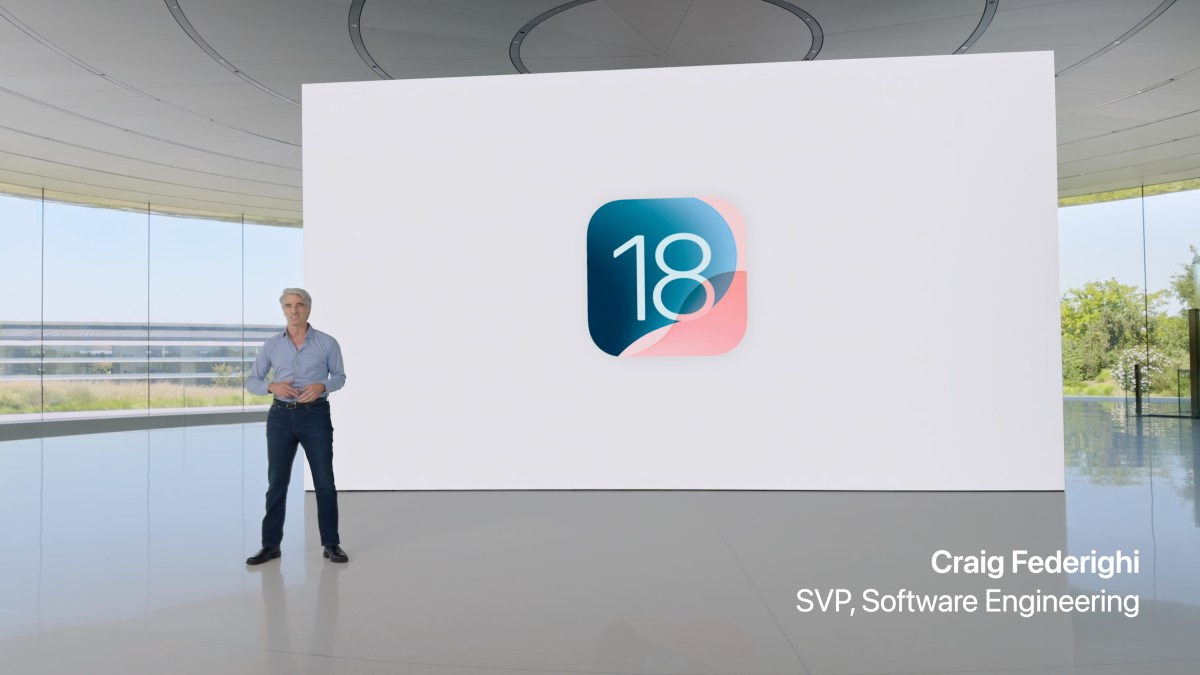

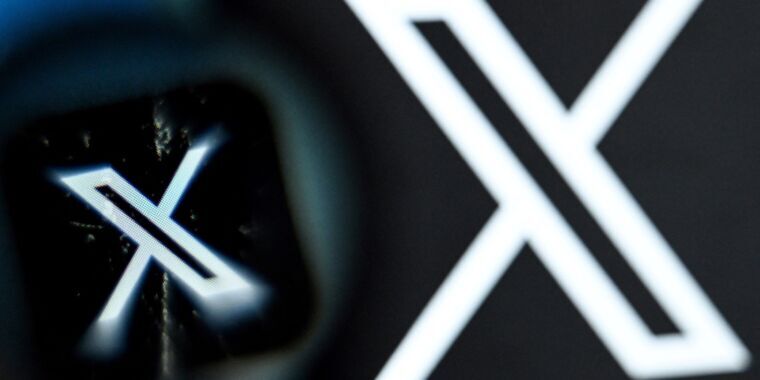

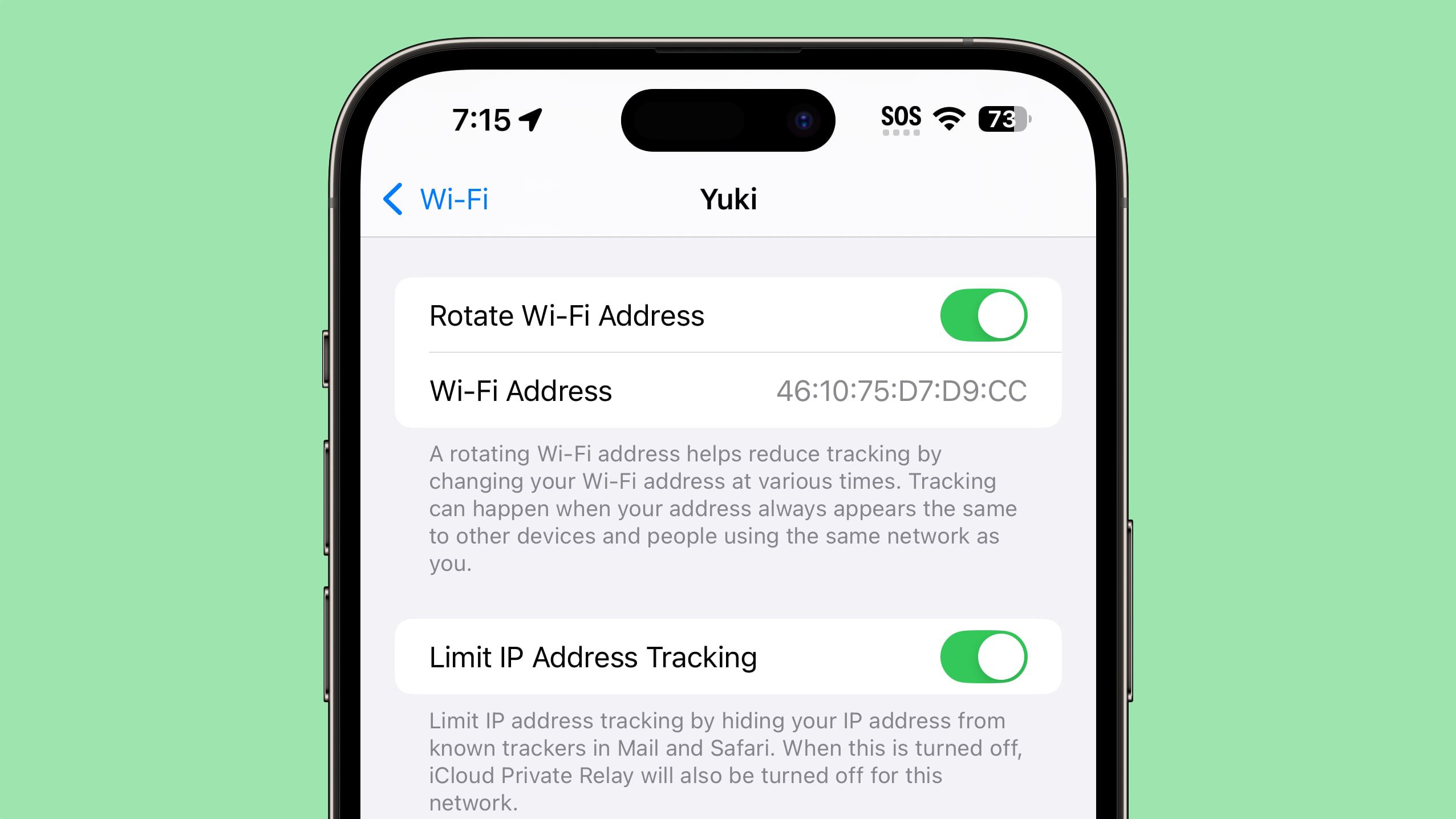





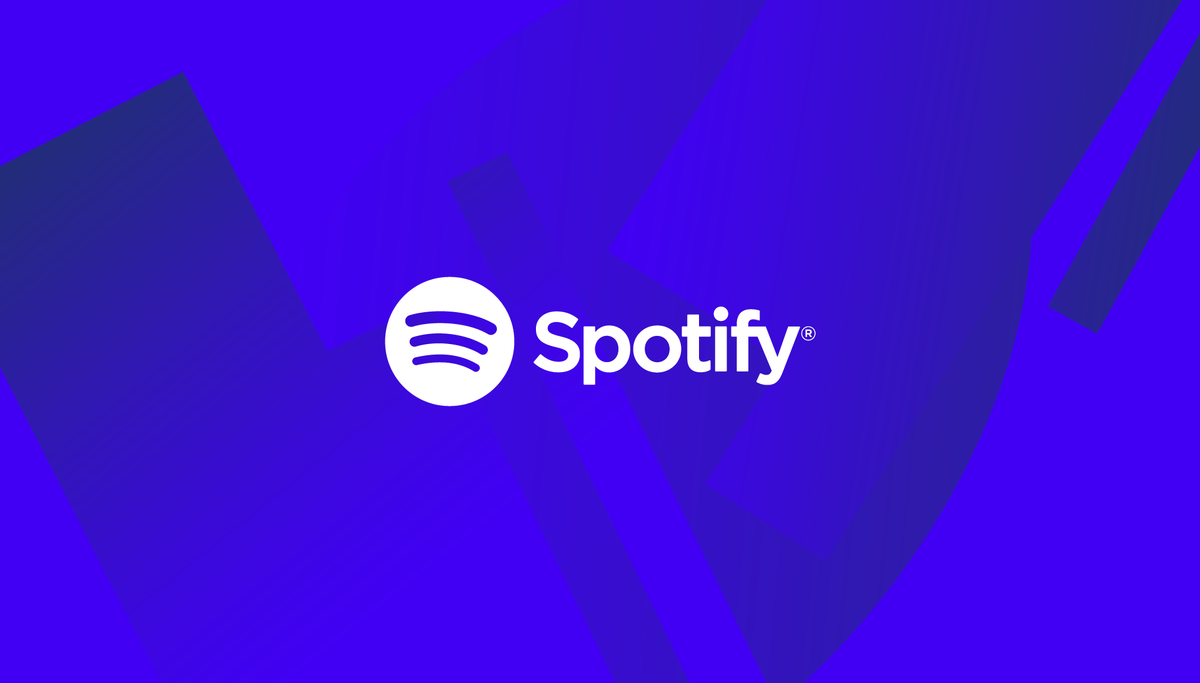
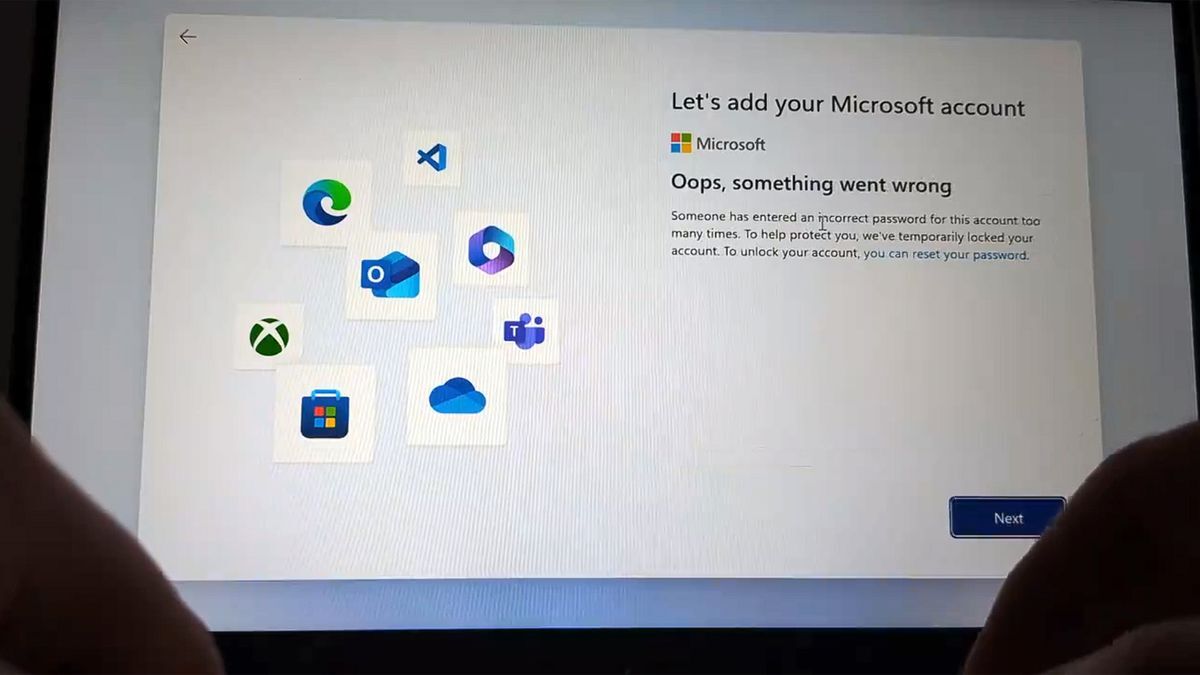
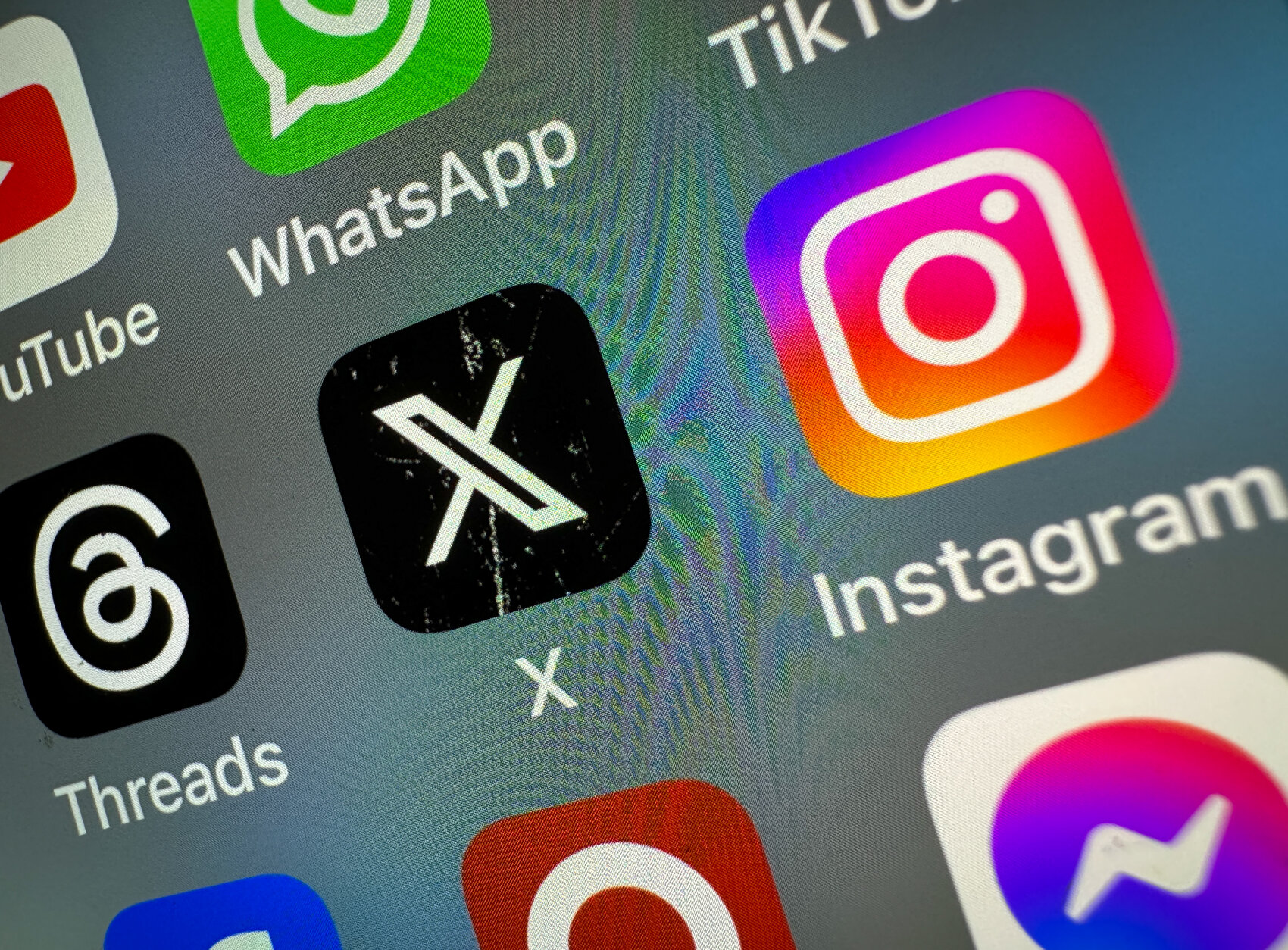


Summary: